Dental implants refer to artificial tooth roots that are used to support replacement teeth. They are a popular and effective option for replacing missing teeth.
A dental implant serves as a replacement for the root of a missing tooth. It is affixed to the jawbone where the original tooth roots were located. Typically, titanium is used in creating the implant.
A dental implant can effectively hold a bridge, crown, or denture in place by allowing bone to grow around it.
A dental implant procedure is a surgical process that involves replacing missing teeth with artificial tooth roots.
The dental implant procedure is the method for replacing missing teeth.
After inserting the implant, a customized artificial tooth, or crown, is then affixed. This crown is designed to match the appearance of your remaining teeth.
What are the potential reasons for requiring a dental implant?
A dental implant could be a viable solution for individuals with one or more missing teeth.
There are certain individuals who may not be suitable candidates for a dental implant. Prior to undergoing the procedure, it is essential for your dentist or dental practitioner to conduct a thorough assessment.
Your mandible is in good health.
Your bone is sufficient to support the implant.
Your existing medical conditions.
Any medications prescribed to you.
Maintaining the health of your gums
Can you explain the process of a dental implant procedure?
Your dental implant procedure may be performed by a:
a regular dental practitioner
A periodontist is a dental specialist who focuses on preventing and treating gum diseases.
The oral surgeon is a highly skilled professional who specializes in performing surgeries within the mouth and jaw area.
A treatment plan will be created by them.
Typically, the process of receiving a dental implant is completed in several phases spanning a couple of months.
Prior to the placement of the implant, obtaining scans and x-rays is necessary for your dentist or dental practitioner to accurately determine its placement.
During the minor procedure, your dentist or dental practitioner will place the dental implant into your jawbone. To ensure your comfort, a local anaesthetic will be administered to prevent any pain during the surgery.
During a period of approximately 3 months, the bone surrounding the implant gradually grows, aiding in its stability.
During the healing process of the implant site, a laboratory will create your artificial tooth (crown).
The crown is attached to the metal implant, effectively filling the gap in your teeth.
In addition, dental implants can be utilized for securing a dental bridge or dentures.
Tooth implants
The dental implant is inserted into the jaw in the place where the missing tooth’s roots used to be located.
After undergoing a dental implant, it is important to know how to properly care for the area.
Possible rephrased paragraph:
The marks on my arm are the result of an impact that caused discoloration.
The discomfort that I am experiencing is quite unbearable.
Inflamed gum tissue.
swelling on your face
Experiencing gum bleeding
In case this happens to you, seek guidance from your dentist or dental practitioner.
It may be necessary to consume soft foods during the recovery process of the surgical site.
What is the proper way to care for my dental implant?
Treat your implant with the same level of care as you would for your natural teeth.
Maintain good oral hygiene by brushing your teeth and gums twice daily.
Maintain cleanliness between your implant and remaining teeth by utilizing floss, interdental brushes, or a water flosser.
It is important to maintain regular visits to the dentist for routine check-ups.
If there is swelling or inflammation in your gums or bone, it should be examined and addressed.
Need assistance locating a health service? Our Service Finder is here to assist you in finding doctors, pharmacies, hospitals, and other essential health services.
Consult with your dentist or dental practitioner – Getting ready for your appointment? Utilize the Question Builder for overall advice on topics to discuss with your GP or specialist.
What are the potential advantages and disadvantages of having a dental implant?
Consult with your healthcare provider regarding the advantages and potential drawbacks of getting a medical implant.
Consult the Therapeutic Goods Administration’s guide for guidance. It provides information in various languages, including English, Arabic, Croatian, Farsi, Greek, Italian, Korean, Mandarin, Spanish, Turkish and Vietnamese.
Dental implants are typically a highly effective solution with numerous advantages, including:
Increased self-assurance in the appearance of your teeth.
permits regular eating
sounds like your own teeth
No action is taken on the adjacent teeth to your implant.
Some potential issues that may arise with dental implants are:
The presence of bacteria or other harmful microorganisms within the body.
Damage to the nerves
Issues with the sinus
Potential harm to the teeth and blood vessels in the surrounding area.
What other options do I have instead of a dental implant?
Other options instead of dental implants include:
having the ability to remove your dentures
Having a dental bridge installed on your adjacent teeth
Consult with your dentist or dental practitioner to determine the most suitable option for your needs.
What is the expense associated with dental implants?
Prior to beginning your treatment, it is crucial to be fully aware of all associated expenses as dental implants can be quite costly.
Determine the amount of reimbursement you are eligible for if you have private health insurance.
Those with a Veterans Gold or White Card may be eligible to have their dental implant expenses covered by Medicare.










